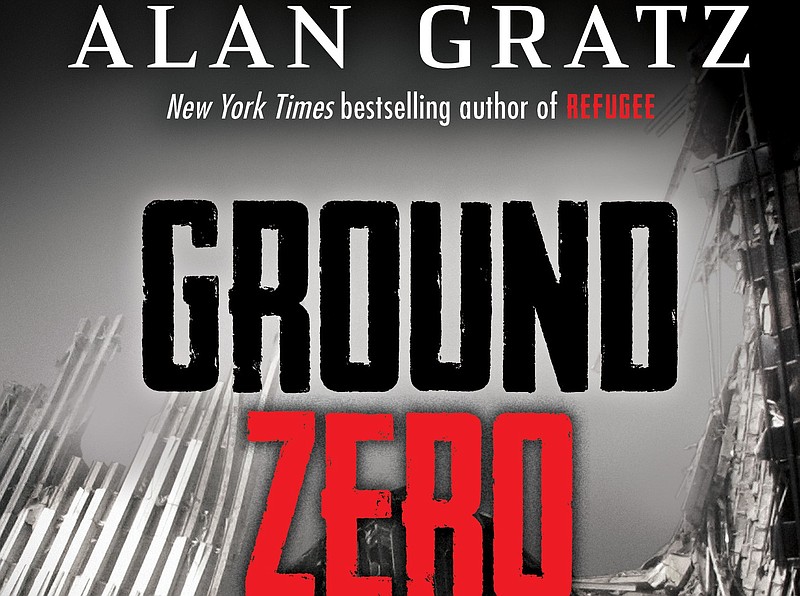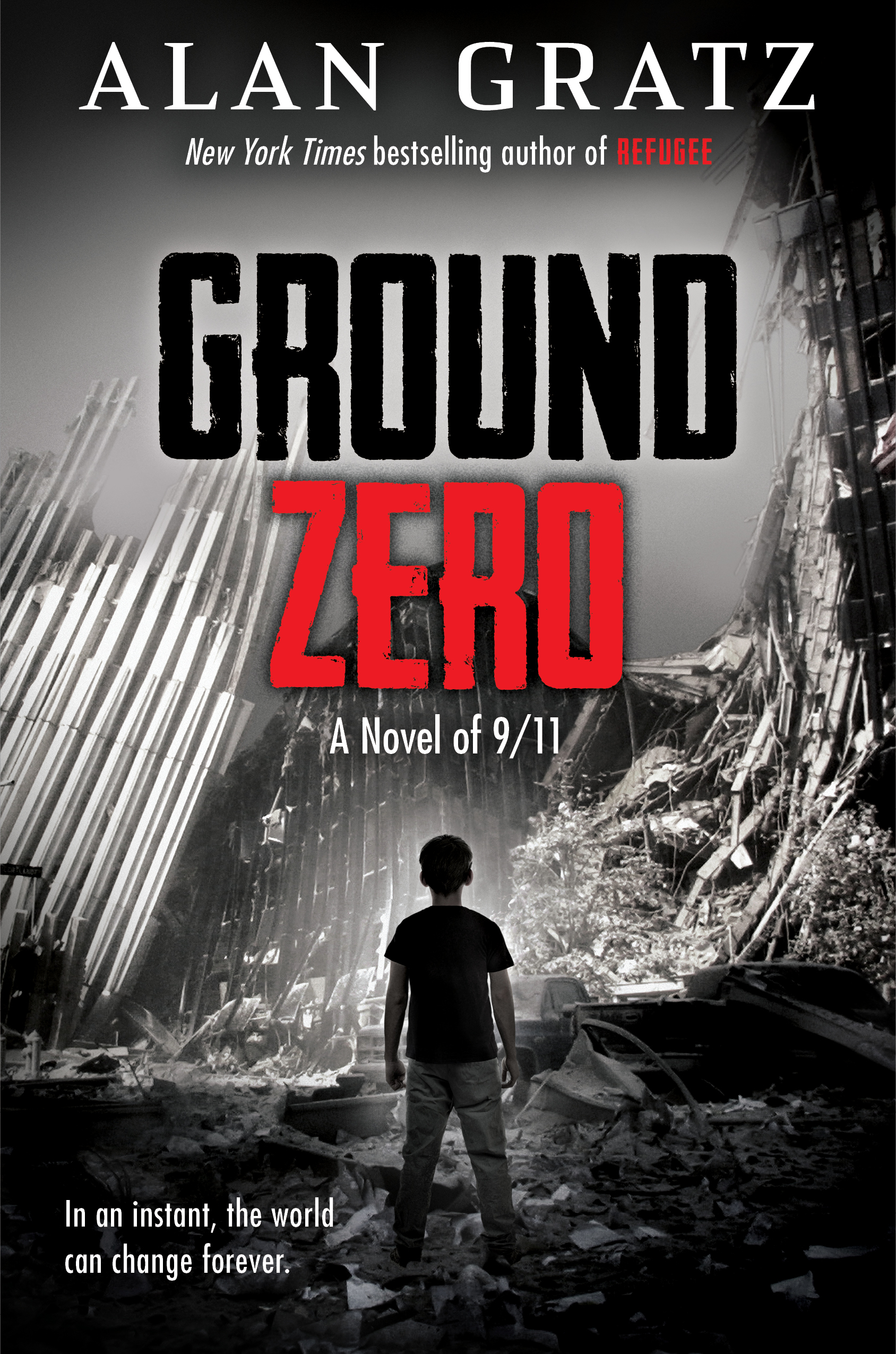"GROUND ZERO" by Alan Gratz (Scholastic Press, 336 pages, $18).
In "Ground Zero," possibly his most heart-wrenching middle-grade book yet, Knoxville native Alan Gratz takes the shock, disorientation, terror, blood, panic and pain of 9/11 and turns it all into a story whose relentless pace and nonstop suspense ensure readers feel every bit of it. Then, as if that were not enough, he does the same thing with a day in the ongoing war in Afghanistan.
In his introduction to "Ground Zero," Gratz says that in writing a book about 9/11, he also wanted to talk about how the world has changed since that fateful day. In alternating chapters, he combines the story of a 9-year-old boy named Brandon trapped in the North Tower of the World Trade Center with the plight of an 11-year-old Afghan girl named Reshmina who is also trapped, almost two decades later, when the war between the Americans and the Taliban comes to her village. Gratz writes, "These are universal experiences that ignore nationality and religion and culture - challenges that unite us as human beings - and I believe that fiction helps young people understand these big, scary topics and empathize with the people enduring them."
On the morning of Sept. 11, 2001, Brandon accompanies his father to work on the 107th floor of the World Trade Center but finds himself on an elevator headed to a lower level when the first plane hits. As soon as he is able to escape, Brandon begins to make his slow, painstaking way back up to his dad via the stairs. When he reaches the 89th floor, he finds that much of it is simply gone.
Shaking and paralyzed with fear as he crouches on a narrow ledge in the strong wind, nearly 1,000 feet above street level, he imagines himself falling: "First his feet would go over, then his legs. He imagined himself clawing and grabbing at the carpet, sobbing, desperate Over the ledge he would go, and then that terrible, awful sinking feeling as he fell backward, arms flailing, legs churning." Luckily for Brandon, he avoids this tragic fate, but filled with worry about his father and facing unimaginable dangers around every corner, his ability to survive the day is by no means assured.
For Reshmina, life in 2019 in the war-torn Kunar Province of Afghanistan also feels desperate and dangerous. Although she is learning English and dreams of being a teacher or translator, she struggles with her family's intention to see her married rather than educated. Her grandmother explains her mother's attitude on the subject: "She expects your life will be just as hard as hers, and she would protect you from anything so dangerous and painful as hope."
Her mother's cynicism is understandable, as Reshmina's eldest sister has already been killed in a bombing and her twin brother seems bent on joining the Taliban. When she comes upon an American soldier who has been ambushed and injured near her home, Reshmina must make a terrible choice. Her decision to honor the highest tenets of her Muslim faith endangers her entire village, but Reshmina is sure it is the right thing to do - that is, until everyone she loves is suddenly caught in the deadly crossfire between American and Taliban forces.
Alan Gratz is a master at writing historical novels that pull young readers down to eye level with characters their own age who are living moment by moment through the chaos and misery of events far beyond their understanding or control. As we approach the 20th anniversary of 9/11, those who experienced that day as adults recall it with horrific clarity, but Gratz writes for readers not yet born in 2001 - readers who may never have heard of 9/11 or who may be tempted to view it as yet another dusty date in American history.
It is a sure bet that young readers who pick up "Ground Zero" will never again doubt the significance of those 102 minutes that changed the world on that sunny, blue-skied September day in New York City, or the devastation of terrorism and its continuing legacy of loss.
For more local book coverage, visit Chapter16.org, an online publication of Humanities Tennessee.


